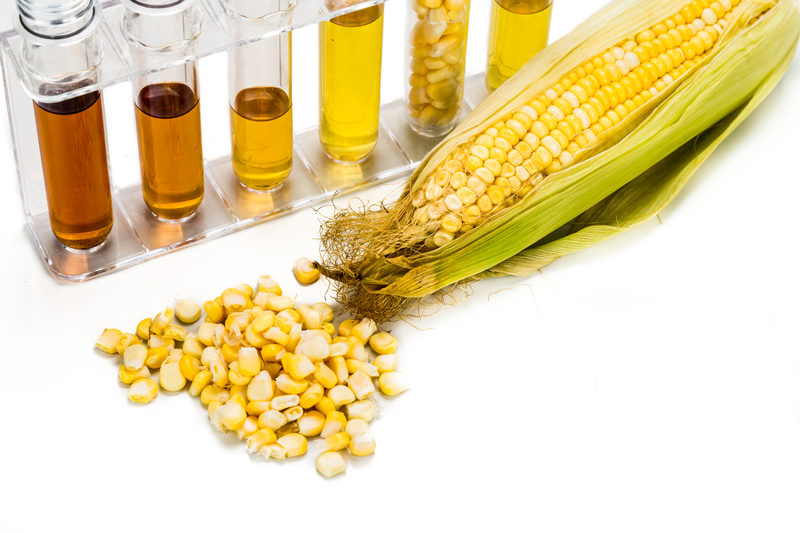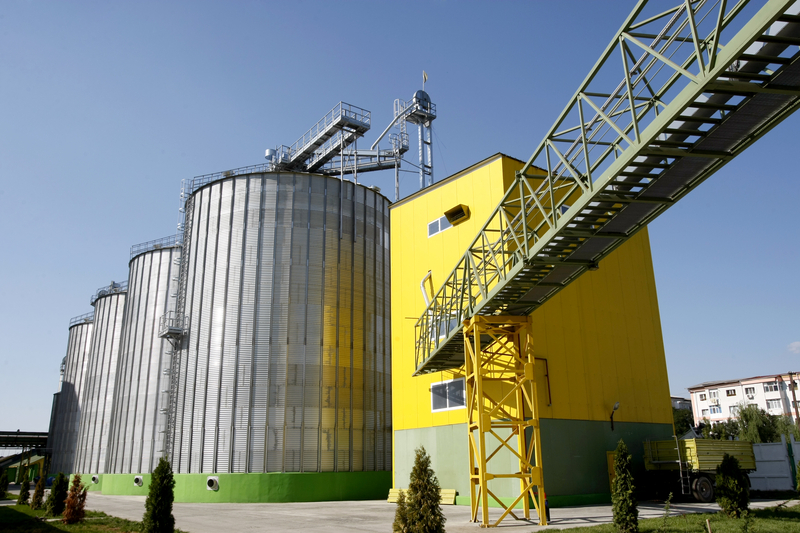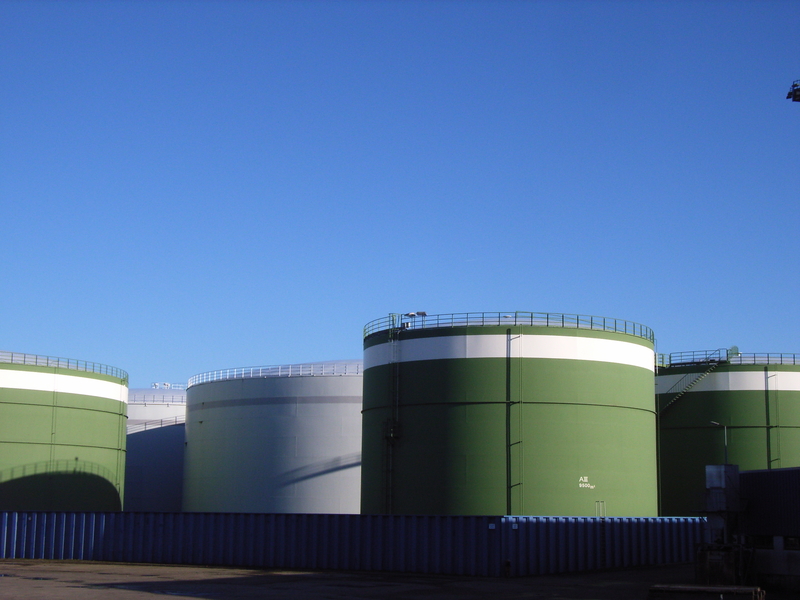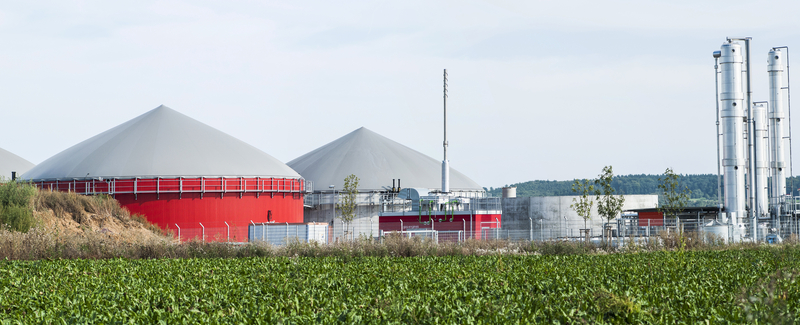This article is your guide to the pros and cons of biofuels! While they’re known for reducing environmental impact and offering cleaner combustion than fossil fuels, there are challenges such as production costs and land requirements. This guide is designed to provide homeowners with a comprehensive guide to explore what biofuel is and the pros and cons of biofuels. So if you’d like to learn more about the pros and cons of biofuel energy, keep reading!
Here at The Energy Professor, we want to give you the information you need to not only save money on your energy bill but to also become more energy efficient. We hope find this post helpful! And makes it easier for you to know more about appliance energy usage. Be sure to also check out our one-of-a-kind energy savings calculator!
The Energy Professor Electricity Rate Check Tool
Biofuels Pros and Cons Overview

Understanding and balancing these aspects is key to effectively utilizing biofuels in our pursuit of sustainable energy solutions. Environmentally, they reduce landfill waste and emit fewer pollutants, contributing to a cleaner atmosphere. Economically, they generate jobs, especially in rural areas, boosting local economies. However, their production isn’t without drawbacks. The biggest disadvantage is that large-scale cultivation may lead to environmental issues like deforestation and biodiversity loss.
What are the Pros and Cons of Biofuels?
Pros:
- Can reduce the need for landfill space
- Come from renewable resources
- Burn cleaner than fossil fuels
- Reduce energy reliance and create jobs
Cons:
- Expensive to produce
- High land usage
- Increases deforestation
The pros and cons of biofuels are diverse and hinge on several key factors, including the specific type of biofuel, the methodologies employed in its production, and the manner of its utilization.
Related Post: What is Biofuel Energy?
What are the Pros of Biofuel Energy?

The primary advantages of biofuels center on diminishing our dependence on traditional energy and lessening our environmental footprint. Additionally, biofuels offer tangible perks for the average consumer, ranging from potential cost savings to accessibility. These aspects highlight why biofuels are increasingly recognized as not just environmentally sustainable, but also consumer-friendly energy options.
Top 5 Biofuel Advantages
- Reduce the need for landfill space
- Renewable source origin
- They burn cleaner than fossil fuels
- Reduce energy reliance
- Create more energy jobs
Can Reduce the Need for Landfill Space
One of the top pros of biofuels is that they can help reduce the need for landfill space. Biofuels can be produced from organic waste materials, which would otherwise end up in landfills. By converting these waste materials into energy, we can reduce the amount of waste that goes into our landfills and make use of resources that would otherwise be wasted.
Come From Renewable Sources
Biofuels originate from organic materials capable of continuous replenishment, setting them apart from finite fossil fuels destined to deplete. A prime example of renewable energy is solar power, expected to be available for an astounding 4.5 to 5.5 billion more years. This fundamental distinction underscores the advantage of renewables: while fossil fuels face inevitable exhaustion, renewables like biofuels, solar, and wind energy possess the inherent ability to regenerate.
Burn Cleaner Than Fossil Fuels
A key advantage of biofuels lies in their environmental benefits, particularly evident during combustion. Biofuels, whether sourced from plants, crops, or organic waste, release significantly fewer pollutants and greenhouse gases than traditional fossil fuels like coal, oil, and natural gas. This reduced emission of harmful substances, including sulfur and nitrogen compounds known to cause acid rain and respiratory problems, positions biofuels as a cleaner, healthier energy choice.
Reduce Energy Reliance and Create Jobs
By reducing dependence on imported oil, they contribute to a more self-reliant energy landscape. The biofuel sector is a catalyst for job creation across various domains, including agriculture, processing, transportation, and research, thereby bolstering the economy. Sourced from renewable resources like crops and waste, biofuels burn cleaner than conventional fuels, providing an environmental edge.
Related Post: What is Green Energy?
What are the Cons of Biofuels?

One notable disadvantage of biofuels is the higher cost of production compared to fossil fuels, often translating into higher prices for consumers. Additionally, the cultivation of biofuel crops requires substantial land, which can result in increased deforestation and competition with agricultural land used for food production.
Top 3 Cons of Biofuels
- Expensive to Produce
- Land occupation
- Increase deforestation
Are Expensive to Produce
One of the significant cons of biofuels is their high production cost. Growing, harvesting, and converting organic materials into biofuels require substantial resources, including land, water, and fertilizers, contributing to higher expenses compared to traditional fossil fuels. This process also creates competition between biofuel and food crops, potentially impacting availability and cost.
Take Up Land That We Could Use for Food Production
Another disadvantage of biofuels is with biofuels is their potential to compete with food production for land use. The significant land area needed for biofuel crops can constrain the space available for growing food crops, potentially leading to scarcity in food supply and increased food prices, affecting affordability for many families.
May Increase Deforestation
To cultivate biofuel crops, forests are sometimes cleared, resulting in biodiversity loss and heightened carbon emissions. The removal of trees not only disrupts ecosystems, impacting various plant and animal species but also disturbs the natural balance. Trees are crucial for absorbing and storing carbon dioxide, a key greenhouse gas. Therefore, deforestation for biofuel production can exacerbate carbon dioxide release, further contributing to climate change.
Related Post: What is Renewable Energy?
Biofuels Pros and Cons FAQ

Q: What are Biofuels?
A: Biofuels are a type of energy derived from organic matter, such as plant-based materials or animal waste. They are renewable energy sources because they can be replenished over time, making them a promising alternative to fossil fuels.
Q: What are the pros of biofuels?
A:
- Reduced Landfill Waste: Biofuels can be produced from organic waste materials, helping to reduce the amount of waste going into landfills.
- Renewable Source: Biofuels come from organic materials that can be replenished over time, making them environmentally sustainable.
- Cleaner Burning: When burned, biofuels release fewer harmful pollutants and greenhouse gases compared to fossil fuels.
- Energy Security and Job Creation: Biofuels can reduce a country’s reliance on foreign oil and create jobs in various sectors, contributing to economic growth.
Q: What are the cons of biofuels?
A:
- Expensive Production: The process of growing, harvesting, and converting organic materials into biofuel can be costly, making biofuels more expensive than traditional fossil fuels.
- Competition with Food Production: Biofuel crops may take up land that could be used for growing food, potentially affecting food availability and prices.
- Deforestation Impact: In some cases, forests are cleared to make room for biofuel crops, leading to loss of biodiversity and increased carbon emissions.
Q: Are Biofuels better for the environment than fossil fuels?
A: Yes, biofuels offer environmental benefits over fossil fuels. They release fewer pollutants and greenhouse gases when burned, contributing to cleaner air and reduced climate impact. However, careful management and sustainable practices are essential to maximize their positive environmental impact.
Q: What Are the Different Types of Biofuels?
A: This question can address the various forms of biofuels like biodiesel, ethanol, and biogas, highlighting their sources and uses.
Q: Can Biofuels Be Produced Without Competing with Food Crops?
A: Discusses alternative methods of biofuel production that do not involve using land dedicated to food crops, such as using waste materials.
Q: What Are the Advances in Sustainable Biofuel Farming Practices?
A: Explores innovative agricultural practices that enhance the sustainability of biofuel crop production.
Do you Need Cheaper Electricity?
If you’ve taken the time to understand the information on your bill and discovered you’re paying more than you’d like for your electricity, have you looked around for a cheaper deal? The Energy Professor has a wealth of information on ways to save on your utilities, including details of top deals that could significantly reduce your monthly or quarterly electricity bills.
We hope you found this article helpful! If you are looking for ways to increase the energy efficiency and sustainability in your home be sure to take a look at all of the latest renewable energy options in your area. The Energy Professor helps residential and small business owners find qualified energy suppliers in New York, New Jersey, Pennsylvania, Texas, Ohio, Maryland, Illinois, and Massachusetts


